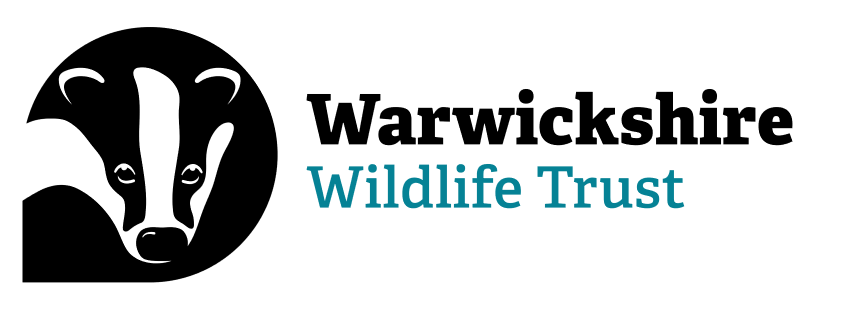The Wildlife Trusts are deeply concerned that recent government proposals indicate an intention to increase badger culling further, by expanding culling into low risk and edge areas, and increasing the number of new cull zones that could be licensed each year. These relate to three separate recent government consultations on the badger cull.
These consultations come within days of a Government announcement that they intend to review their strategy for achieving ‘Bovine Tuberculosis Free Status for England’. The current strategy has resulted in over 34,000 badgers being culled without conclusive evidence that culling is having an impact on decreasing bovine tuberculosis (bTB) in cattle. Culling has been shown to be ineffective, inhumane and expensive compared to alternatives, like badger vaccination, which is more a humane and effective method to stop the spread of bTB. The members of the review panel are yet to be made public – we sincerely hope that it will include people with the full range of necessary expertise and experience, including experts in bTB, wildlife and badger behaviour.
The Wildlife Trusts have actively opposed the badger cull since 2004. There is no conclusive scientific evidence to demonstrate that culling badgers decreases the incidence of bTB in cattle. Long-term trials by the UK Government showed that culling could actually make the situation worse by encouraging badgers to move around – the ‘perturbation effect’ [1].
Yet at the same time as we continue to work with Defra in planning and delivering the Badger Edge Vaccination Scheme 2, the Government is consulting on whether to license badger culls in eight additional Edge Area counties. This fundamentally undermines the logic of the vaccination scheme. In the face of global shortages of the vaccine in 2015, three Wildlife Trusts, Derbyshire, Nottinghamshire and Berks, Bucks & Oxfordshire, pioneered the use of an alternative vaccine.
We are very mindful that bTB can have a devastating emotional and financial impact on the lives of farmers and we want to find solutions that work for everyone.
Warwickshire Wildlife Trust conducted badger vaccinations between 2012 and 2015 when we ceased our vaccination programme due the global shortage of badger BCG vaccine. This permitted other large area vaccination schemes utilising the available alternative vaccine to continue. Three Wildlife Trusts, Derbyshire, Nottinghamshire and Berks, Bucks & Oxfordshire, pioneered the use of this alternative vaccine.
The bTB Review offers the Government the opportunity to revisit a scientifically flawed policy, which flies in the face of public opinion, is deeply inhumane, thoroughly unscientific and gives farmers a poor deal, too.
We will be responding to the government consultations. They are technical consultations, but if you feel you can respond, please do. They are available here, here and here. You can read more about The Wildlife Trusts views on bovine Tb and the badger cull, and our badger vaccination work, here: www.wildlifetrusts.org/badgers
We sincerely hope that these consultations and the bTB Review help us to reach an end to the cull in favour of strategic and wide-spread badger vaccination scheme, and of investment in developing a cattle vaccine.
You can read more about The Wildlife Trusts views on bovine Tb and the badger cull, and our badger vaccination work, here: www.wildlifetrusts.org/badgers
[1] The conclusions of the RBCT are available to download, contained within the Final Report of the Independent Scientific Group on Cattle TB - 'Bovine TB: The scientific evidence.’
[2] Warwickshire Wildlife Trust will continue to assist other Wildlife Trusts with their vaccination efforts. Specifically, we have loaned Nottinghamshire Wildlife Trust traps and equipment to support their vaccination programme and we continue to support local vaccination through the Warwickshire Badger Group by loaning equipment.
[3] Warwickshire Wildlife Trust will never permit the culling of badgers on any land it owns if a cull was to be proposed in Warwickshire. We will continue to engage with land owners and partners to promote the environmental and financial benefits of vaccination and other non-lethal control methods to reduce the spread of bovine TB in cattle for the benefit of the farming community and an iconic and highly valued native species.

Comments